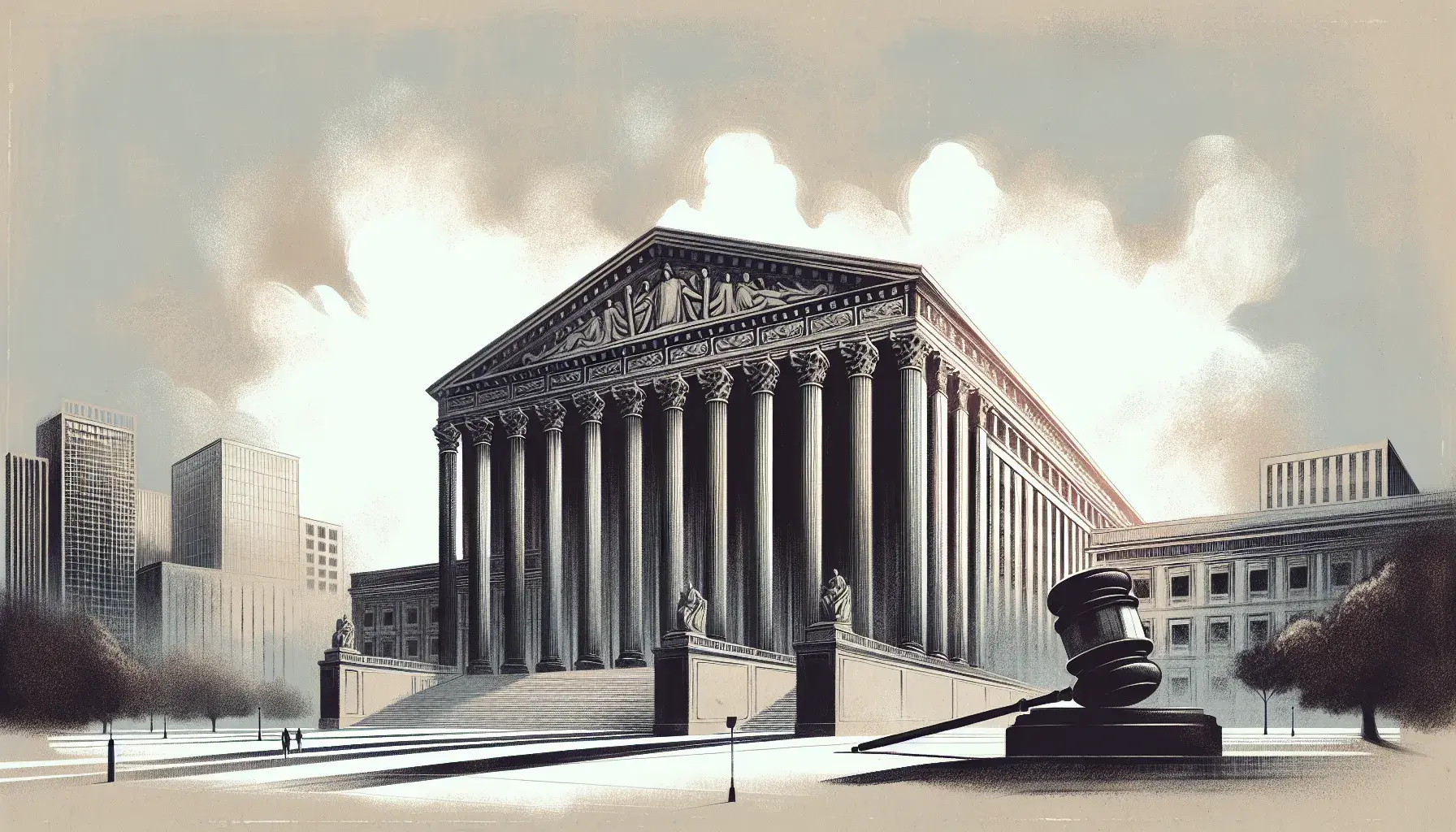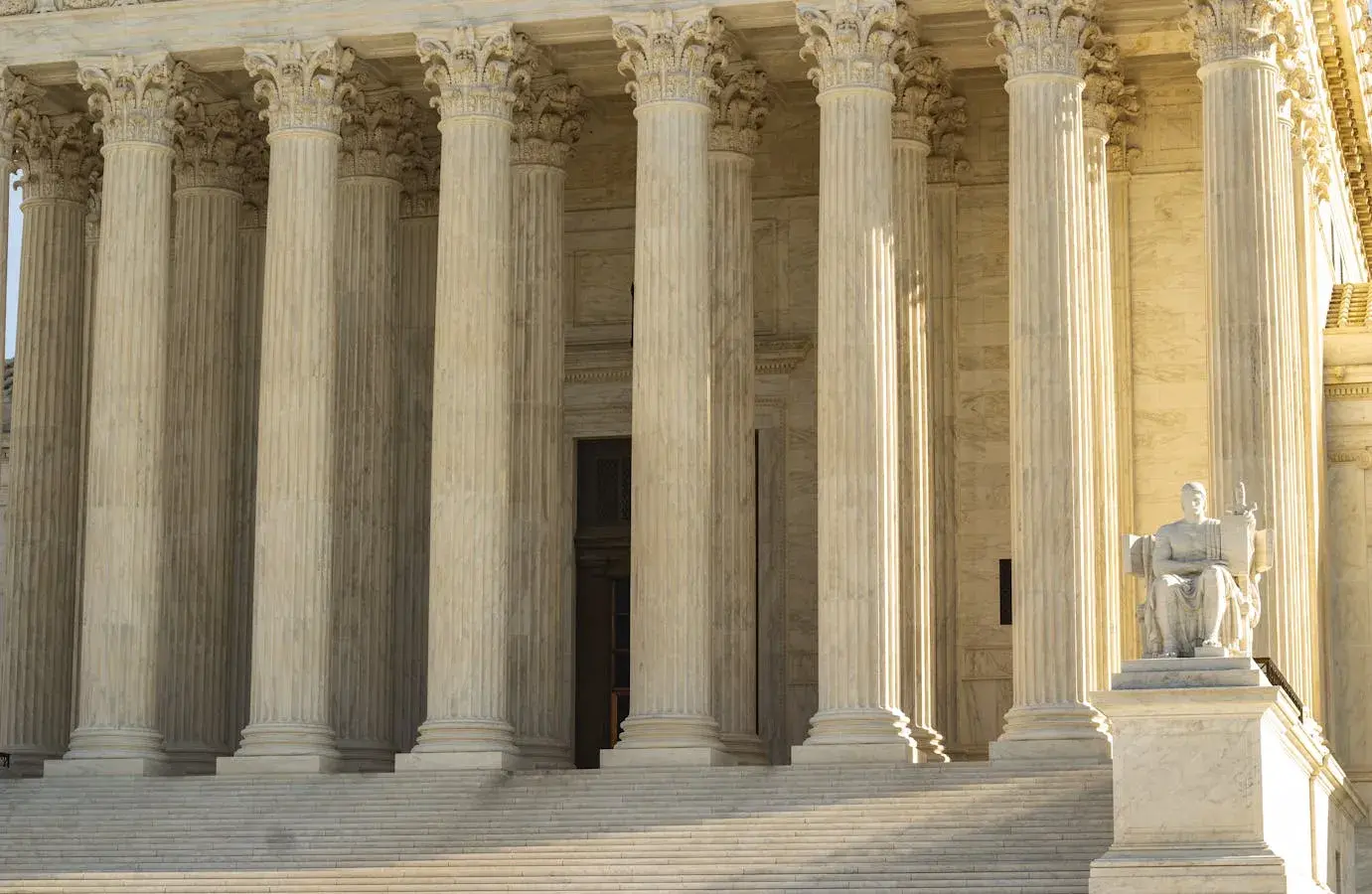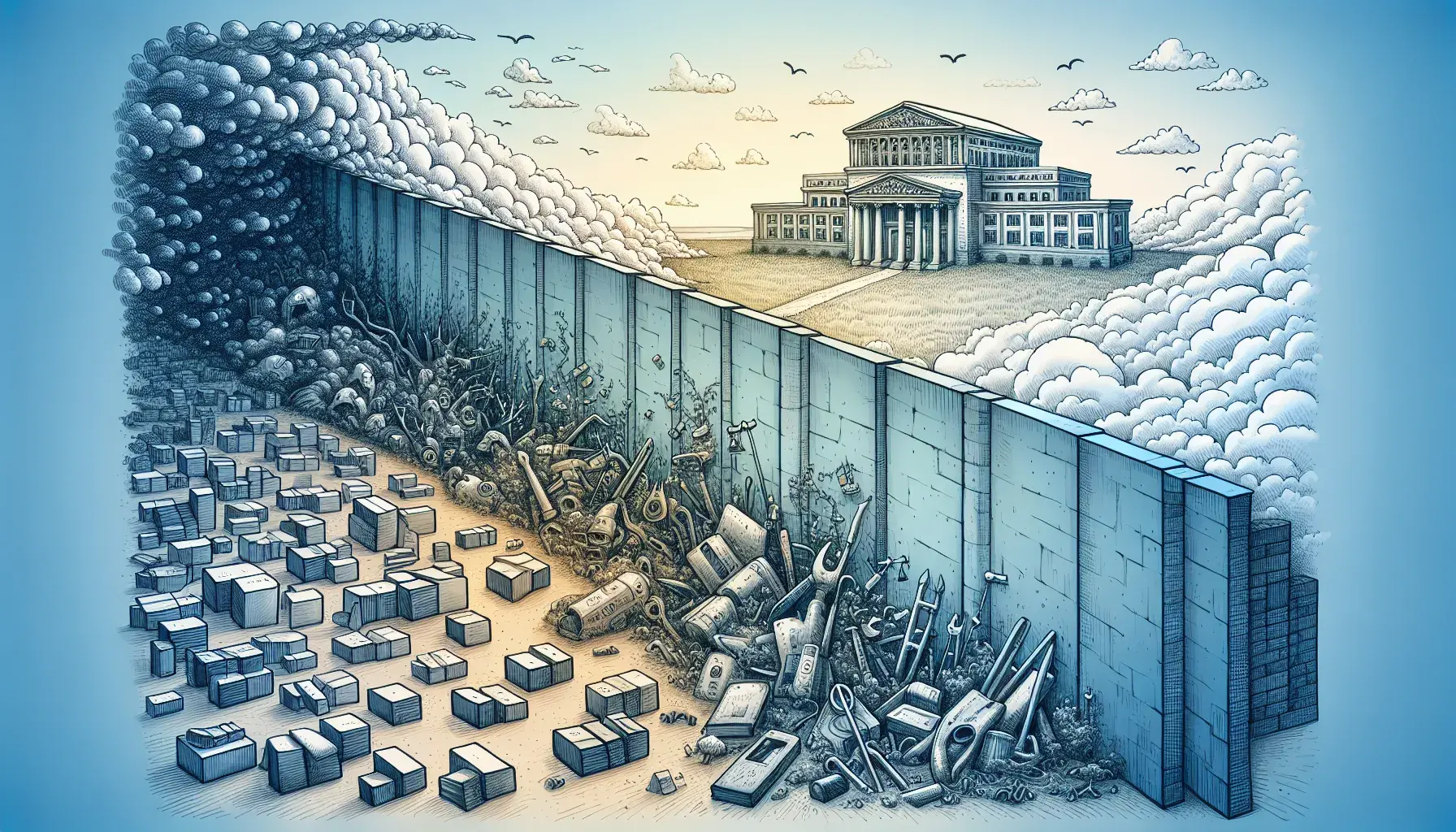Big Business Sits Out Supreme Court Fight Over Trump Tariffs
As the Supreme Court weighed Donald Trump’s sweeping tariff strategy on November 5, America’s corporate giants were largely absent from the legal fray. Most big companies stayed off the briefs as small firms led, a striking reversal in a case that could reset how much latitude presidents have over trade.

What Happened
The justices heard arguments on whether Trump lawfully used the 1977 International Emergency Economic Powers Act to impose broad duties — including an across-the-board baseline tariff and higher rates on select countries — without fresh approval from Congress. Multiple lower courts have said the emergency law does not authorize such tariffs, though the levies remain in place while the case proceeds. During Wednesday’s session, several justices, including members of the conservative bloc, pressed the government on where Congress had clearly delegated taxing authority. Justices signaled skepticism about IEEPA-based tariffs, suggesting at least parts of the program could be on shaky ground.
Why Big Firms Stayed Quiet
In a notable break from recent high-profile cases, large U.S. corporations did not front the lawsuits or flood the docket with friend-of-the-court filings. Reuters reported that major companies neither brought the cases nor filed amicus briefs, opting instead for lobbying and case-by-case tariff exclusions. The Washington Post likewise found that no major companies backed the challenge at the Supreme Court, even as business groups such as the U.S. Chamber of Commerce weighed in against the tariffs. Large U.S. companies filed no amicus briefs supporting the challenge, leaving a coalition of small importers — from toy makers to wine distributors — to argue that unpredictable duties have driven up costs and uncertainty.
The Stakes And Signals
Beyond immediate price effects for importers and consumers, the ruling will help define the outer bounds of presidential power over trade. If the Court curtails the tariffs, future administrations may need Congress to authorize sweeping duties; if it upholds them, the decision could cement broad executive discretion to levy tariffs during declared emergencies. Either way, the outcome will reverberate through global supply chains and the long-running tug-of-war between Congress and the White House over tariff policy.
What’s Next
The Court did not set a decision date. High-profile rulings can take months, but the accelerated schedule to hear the case suggests the justices could move faster than usual. However quickly it comes, the opinion will determine whether Trump’s signature trade tool survives intact — and how aggressively presidents can deploy tariffs without returning to Capitol Hill.
Sources
- A toy maker takes his case against Trump’s tariffs to the Supreme Court — Reuters (November 3, 2025)
- Supreme Court appears skeptical of legality of most of Trump’s tariffs — The Washington Post (November 5, 2025)
- Mystery conservative donors bankroll opposition to Trump’s tariffs — The Washington Post (November 4, 2025)
- Conservative Supreme Court justices appear skeptical of Trump’s sweeping unilateral tariffs — Associated Press (November 5, 2025)
You May Also Like
These Related Stories

Big Business Largely Sits Out Supreme Court Tariff Showdown

Big Business Sits Out Supreme Court Tariff Fight

No Comments Yet
Let us know what you think